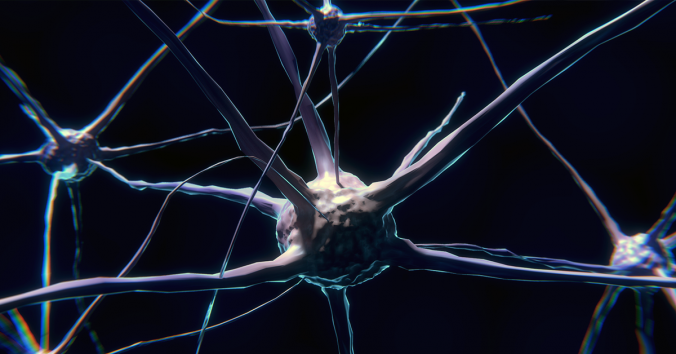Neuroscience contributes to human self-understanding, but it also raises concerns that it might change humanness, for example, through new neurotechnology that affects the brain so deeply that humans no longer are truly human, or no longer experience themselves as human. Patients who are treated with deep brain stimulation, for example, can state that they feel like robots.
What ethical and legal measures could such a development justify?
Arleen Salles, neuroethicist in the Human Brain Project, argues that the question is premature, since we have not clarified our concept of humanness. The matter is complicated by the fact that there are several concepts of human nature to be concerned about. If we believe that our humanness consists of certain unique abilities that distinguish humans from animals (such as morality), then we tend to dehumanize beings who we believe lack these abilities as “animal like.” If we believe that our humanity consists in certain abilities that distinguish humans from inanimate objects (such as emotions), then we tend to dehumanize beings who we believe lack these abilities as “mechanical.” It is probably in the latter sense that the patients above state that they do not feel human but rather as robots.
After a review of basic features of central philosophical concepts of human nature, Arleen Salles’ reflections take a surprising turn. She presents a concept of humanness that is based on the neuroscientific research that one worries could change our humanness! What is truly surprising is that this concept of humanness to some extent questions the question itself. The concept emphasizes the profound changeability of the human.
What does it mean to worry that neuroscience can change human nature, if human nature is largely characterized its ability to change?
If you follow the Ethics Blog and remember a post about Kathinka Evers’ idea of a neuroscientifically motivated responsibility for human nature, you are already familiar with the dynamic concept of human nature that Arleen Salles presents. In simple terms, it can be said to be a matter of complementing human genetic evolution with an “epigenetic” selective stabilization of synapses, which every human being undergoes during upbringing. These connections between brain cells are not inherited genetically but are selected in the living brain while it interacts with its environments. Language can be assumed to belong to the human abilities that largely develop epigenetically. I have proposed a similar understanding of language in collaboration with two ape language researchers.
Do not assume that this dynamic concept of human nature presupposes that humanness is unstable. As if the slightest gust of wind could disrupt human evolution and change human nature. On the contrary, the language we develop during upbringing probably contributes to stabilizing the many human traits that develop simultaneously. Language probably supports the transmission to new generations of the human forms of life where language has its uses.
Arleen Salles’ reflections are important contributions to the neuroethical discussion about human nature, the brain and neuroscience. In order to take ethical responsibility, we need to clarify our concepts, she emphasizes. We need to consider that humanness develops in three interconnected dimensions. It is about our genetics together with the selective stabilization of synapses in living brains in continuous interaction with social-cultural-linguistic environments. All at the same time!
Arleen Salles’ reflections are published as a chapter in a new anthology, Developments in Neuroethics and Bioethics (Elsevier). I am not sure if the publication will be open access, but hopefully you can find Arleen Salles’ contribution via this link: Humanness: some neuroethical reflections.
The chapter is recommended as an innovative contribution to the understanding of human nature and the question of whether neuroscience can change humanness. The question takes a surprising turn, which suggests we all together have an ongoing responsibility for our changing humanness.

Written by…
Pär Segerdahl, Associate Professor at the Centre for Research Ethics & Bioethics and editor of the Ethics Blog.
Arleen Salles (2021). Humanness: some neuroethical reflections. Developments in Neuroethics and Bioethics. https://doi.org/10.1016/bs.dnb.2021.03.002
We think about bioethics



Recent Comments